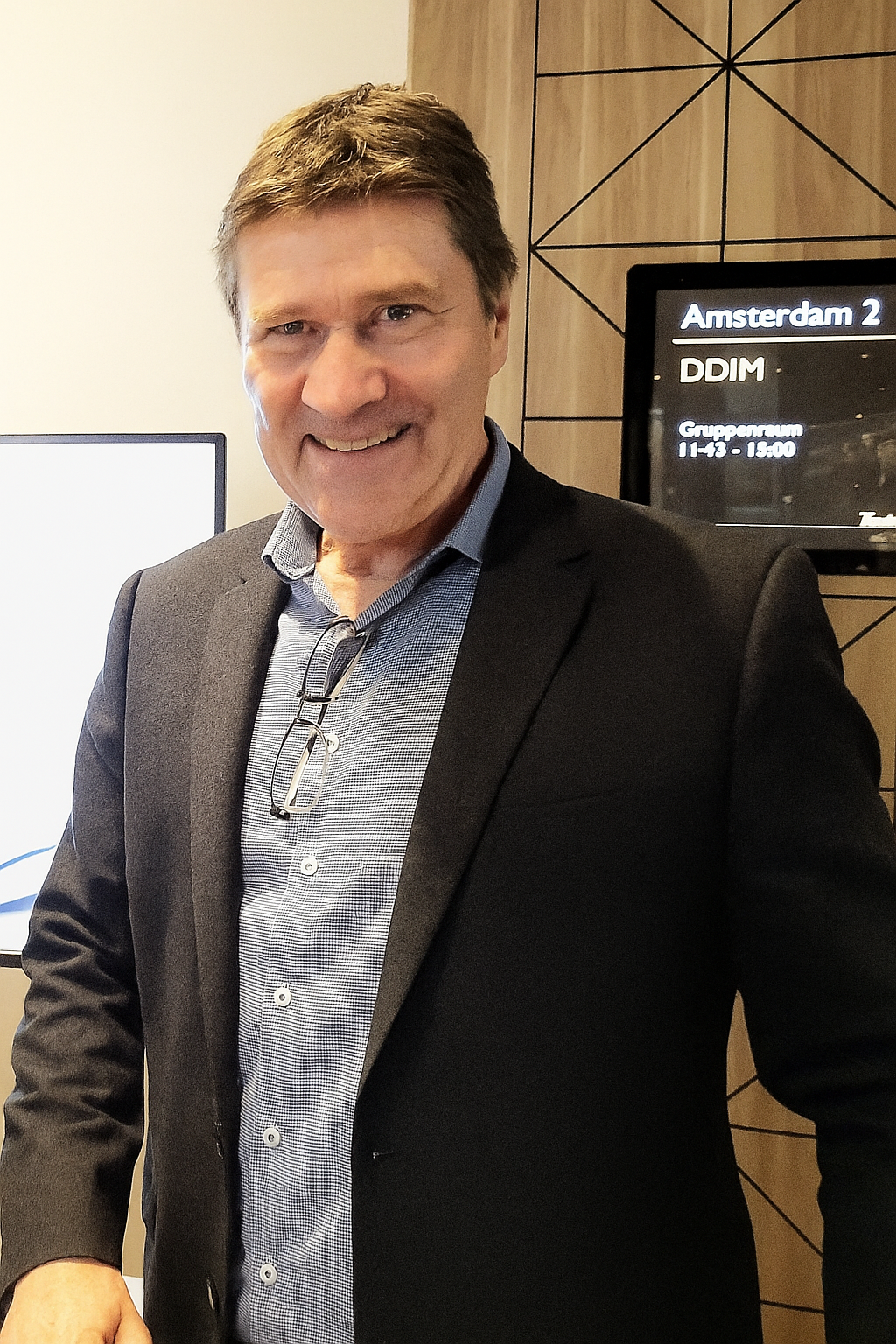
On Saturday, I attended this year’s well-attended annual congress of the German Interim Management Association (DDIM), which—as has been the case for many years—took place at the Van der Valk Airport Hotel in Düsseldorf. The congress day was not only ideal for networking, but also provided me with many valuable insights.
German industry is in a deep crisis. The congress focused on how we as interim managers can contribute to the recovery of German industry.
I will give you three flashes to bind you in:
Germany is in a deep economic crisis
Prof. Dr. Stefan Kooths, Research Group on Business Cycles and Growth at the Kiel Institute for the World Economy, explained clearly and comprehensively that Germany is in a deep economic crisis that will not be resolved by government loans that are now being pumped into infrastructure and armaments. According to Kooths, such government interventions may have an effect in an economic downturn, but not when the crisis is due to structural causes. Kooths compared the German government’s current credit boost to giving a drug addict an injection of drugs and believing that because he now appears to be better, he is cured.
Debt is rising without any return on the capital invested. Macroeconomic development should not be confused with cyclical changes. The German economy has always floated like a cork on the global economic tide. That has now changed: it is in its third year of recession. German industry is suffering from worrying underutilization, which is otherwise only triggered by disruptive events such as the coronavirus crisis or the 2008 financial crisis, neither of which are currently present. Kooths diagnoses a Keynesian misjudgment: artificial demand cannot be created, nor can employment be created; rather, we must become more efficient through a transformation that encompasses automation and the use of AI. To this end, the state should create suitable framework conditions: it must provide scope for deregulation, legal certainty, and an agile bureaucracy. Transfer systems cannot provide a solution, but rather accelerate the decline, as do high taxes on high earners and the wealthy. In that case, the money would no longer be invested by the high performers, but burned by the state. In this way, we are gradually consuming our capital stock without sustainably improving the framework conditions for companies.
According to Kooths, the cause lies in a mistrust of the market economy, which in turn can be attributed to a lack of understanding of economic interrelationships. Kooths is convinced that market-based systems perform well when allowed to operate freely.
The need for transformation
Georgiy Michailov, Dipl. Vw., Struktur Management Partner GmbH, sees an urgent need for transformation. For companies facing a decline in the half-life of business models, weak sales markets, a lack of growth opportunities, increasing uncertainty, rising interest rates, and dwindling refinancing options, Kooths recommends developing a strong resilience management strategy. Germany has been falling in the global rankings for 10 years. Kooths highlights three manifestations of a lack of risk awareness: there are the elephants in the room, representing risks that no one wants to see; then there are the gray rhinos, representing risks that are recognized but still ignored; and finally there are the black swans, representing risks that are truly unrecognizable. Kooths urges companies to deal with all three types of risk appropriately. He recommends developing a “sense of urgency” in order to really initiate improvement. In international competition, lobbying to tighten regulations does not really help because competing products are better.
In order to truly improve something, it is necessary to consciously and intensively engage with innovation, investment, and new business models in addition to optimizing the core business. Michailov quoted Prof. Simon, who said that creativity, originality, and lateral thinking produce valid strategies. Michailov concluded by saying that hope is waiting; confidence is proactive action. Focus and concentrate on 3-5 “must-win battles.”
Effects of stress levels in companies
Medical psychologist Prof. Dr. Niko Kohls hit the nail on the head in his keynote speech when he described us interim managers as the Special Task Force of industry. We mainly exercise leadership in exceptional circumstances, because we are called in when companies experience anomalies that their internal resources cannot deal with. These can be abrupt changes, such as those that occur under VUCA conditions, but they can also be chronic stressors that make life difficult for companies. Prof. Kohls drew an analogy with medicine and explained that chronic stressors must either be eliminated or habituated. If chronic stressors cannot be eliminated, the company’s behavior must be adapted to these stressors. Otherwise, permanent stress will arise, leading to a decline in performance (burnout). Organizations that have been under constant stress for a long time are ultimately unable to counteract the stressors. They die of insufficiency. However, Prof. Kohls noted that organizations that are exposed to too low a level of stress are also at risk. They do not learn, cannot adapt, and die of underchallenge (bore-out). A moderate level of stress in companies promotes both performance and adaptability.
Prof. Kohls drew another comparison with medicine: in stressful situations, people and organizations often suffer from reduced attention and awareness, with the result that decisions and activities become monofocal, focusing on a limited topic. Kohls associates this with autism. Especially in crises, approaches that are not sufficiently comprehensive and coordinated are not promising. In other people and organizations, high stress levels tend to scatter both attention and conscious perception, leading to actionism. Kohls sees parallels here with ADHD patients. His recommendation is to combine both: people whose perception is sharp and those whose perception is broad. Especially in times of crisis, he sees the ability to change perspectives as an essential factor for success. The better organizations cooperate, the better they can learn, develop, mature, and grow.
The conference day was very enriching for me. Thanks to the orga team and to the outstanding speakers.
